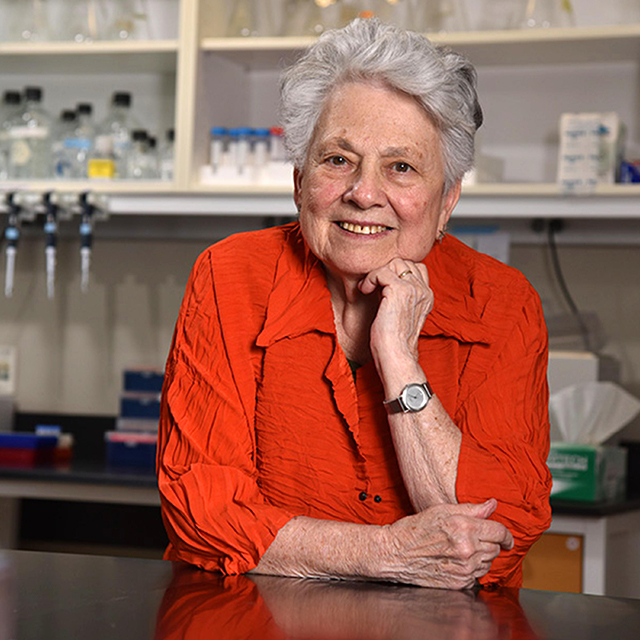Johns Hopkins prostate surgeon Alan Partin, M.D./Ph.D. ’89, who developed a method to predict the prognosis of prostate cancer, died March 28 surrounded by family. He was 62 years old.
The noted physician-scientist served from 2004–2022 as the Jakurski Family Director of the Brady Urological Institute, urologist-in-chief for Johns Hopkins Medicine and director of the Department of Urology.
Under Partin’s leadership, The Brady doubled its research space and enjoyed significant expansion with projects such as the world-renowned Greenberg Bladder Cancer Institute and new clinical space at Green Spring Station Pavilion III.
He is known for developing the Partin Tables, which are used for predicting the prognosis for prostate cancer, and for his work developing several innovative tests to identify and track prostate cancer, including the Prostate Health Index.
Mohamad Allaf, director of the Department of Urology and the Brady Urological Institute, says Partin was a confidant, mentor and trusted adviser to many at Johns Hopkins and throughout the field.
“He pursued science with creative vigor, cared for thousands of patients with kind expertise, and led our department through strategic growth, broadening our sphere of influence while maintaining the depth of scientific understanding that still today informs patient care,” says Allaf, who succeeded Partin as urologist-in-chief at The Johns Hopkins Hospital.
Partin earned his doctorate in pharmacology and molecular sciences in 1988 and his doctor of medicine degree at the school of medicine in 1989. After completing his residency at Johns Hopkins, he joined The Brady as an associate professor in 1995.
In December 2022, the Alan W. Partin, M.D., Ph.D., Professorship in Urology was established with a $2.5 million endowment to support research into developing diagnostic tools, treatments and cures for prostate cancer.



